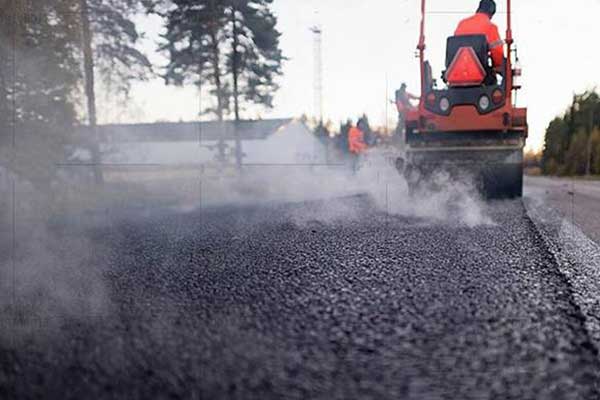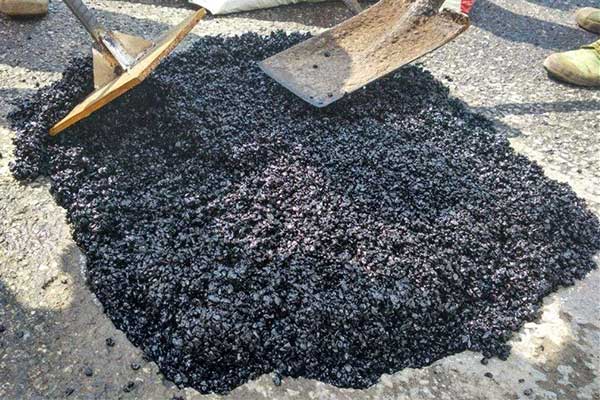Cold Mix Asphalt vs. Hot Mix Asphalt: How to Choose?
Asphalt is the cornerstone of modern infrastructure, paving the way for smoother roads and durable surfaces. However, when it comes to asphalt, not all mixes are created equal. Two primary types dominate the industry: cold mix asphalt and hot mix asphalt. Each offers unique advantages and is suitable for different applications. Understanding the differences between these two varieties is crucial for making informed decisions about your paving projects.

What is Hot Mix Asphalt?
Hot mix asphalt is produced at high temperatures (typically between 300°F and 350°F) in specialized asphalt plants. This process involves heating aggregates, such as crushed stone, sand, and gravel, before mixing them with hot bitumen. The resulting mixture is transported to the construction site and applied while still hot using heavy machinery.
Hot mix asphalt is the preferred choice for large-scale paving projects, such as highways, roads, and parking lots, where durability and longevity are paramount. The precise control of temperatures during production ensures optimal binding and compaction, resulting in a dense, sturdy pavement.
Advantages of Hot Mix Asphalt:
- Durability: Hot mix asphalt offers superior durability and resistance to heavy traffic, making it ideal for high-traffic areas and permanent installations.
- Smooth Surface: The hot application process allows for better compaction, resulting in a smoother, more uniform surface compared to cold mix asphalt.
- Longevity: Hot mix asphalt pavements have a longer service life and require less frequent maintenance compared to cold mix asphalt.
- Higher Performance: Hot mix asphalt exhibits better resistance to deformation, cracking, and rutting, particularly in hot climates.

What is Cold Mix Asphalt?
Cold mix asphalt, as the name suggests, is produced and applied at ambient temperatures without the need for heating. This type of asphalt is often used for temporary repairs, pothole filling, and patching. Unlike hot mix asphalt, which requires specialized equipment and precise temperature control, cold mix asphalt can be easily transported and applied with minimal equipment.
The ingredients in cold mix asphalt typically include bitumen emulsion, aggregates, and additives. Bitumen emulsion acts as the binding agent, holding the aggregates together. Additives may include anti-stripping agents to improve adhesion and durability.
Advantages of Cold Mix Asphalt:
- Versatility: Cold mix asphalt can be applied in a wide range of weather conditions, making it suitable for emergency repairs and temporary fixes.
- Ease of Application: Since cold mix asphalt does not require heating, it can be applied quickly and easily with minimal equipment.
- Cost-Effectiveness: Cold mix asphalt is often more affordable than hot mix asphalt, making it an attractive option for budget-conscious projects.
- Reduced Environmental Impact: Cold mix asphalt production generates fewer greenhouse gas emissions compared to hot mix asphalt, making it a more environmentally friendly option.
Choosing the Right Asphalt Mix:
The choice between cold mix asphalt and hot mix asphalt depends on various factors, including the project size, budget, timeline, and environmental considerations. For small-scale repairs, temporary fixes, or projects with limited budgets, cold mix asphalt may be the preferred option due to its affordability and ease of application. On the other hand, for large-scale paving projects requiring maximum durability and longevity, hot mix asphalt is the recommended choice.
By understanding the differences between cold mix and hot mix asphalt, you can choose the right solution to achieve optimal results for your paving needs.
RoadSky and Cold Mix Asphalt
RoadSky is a professional cold mix asphalt supplier, factory direct sales, wholesale prices are affordable. If you are looking for these products for your project, you can contact us directly for more information.

